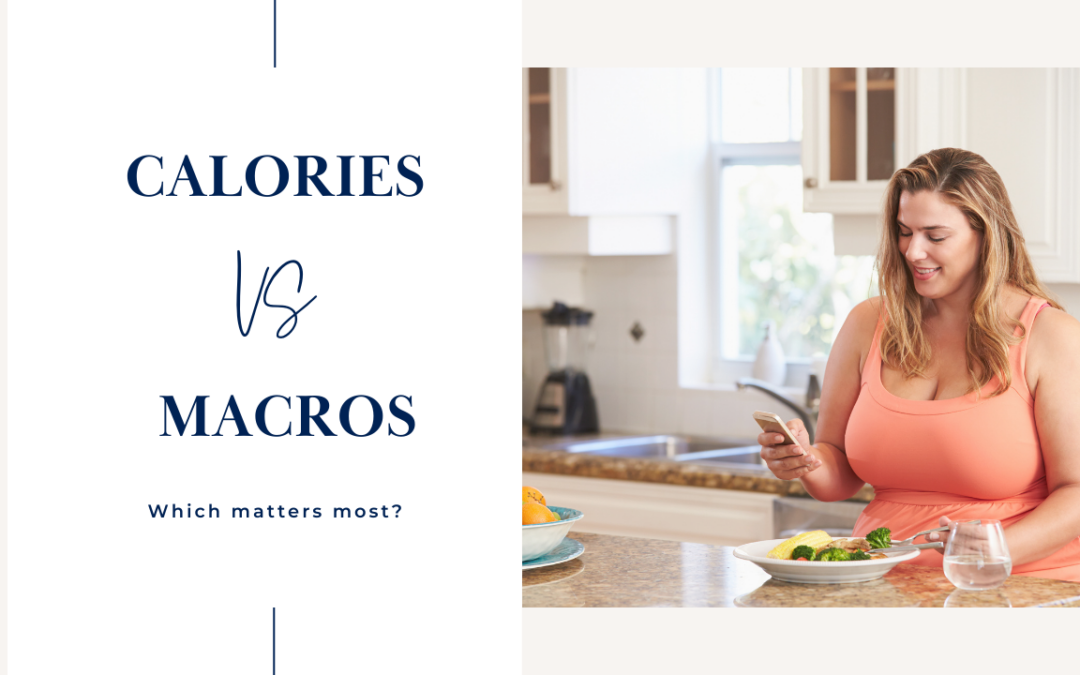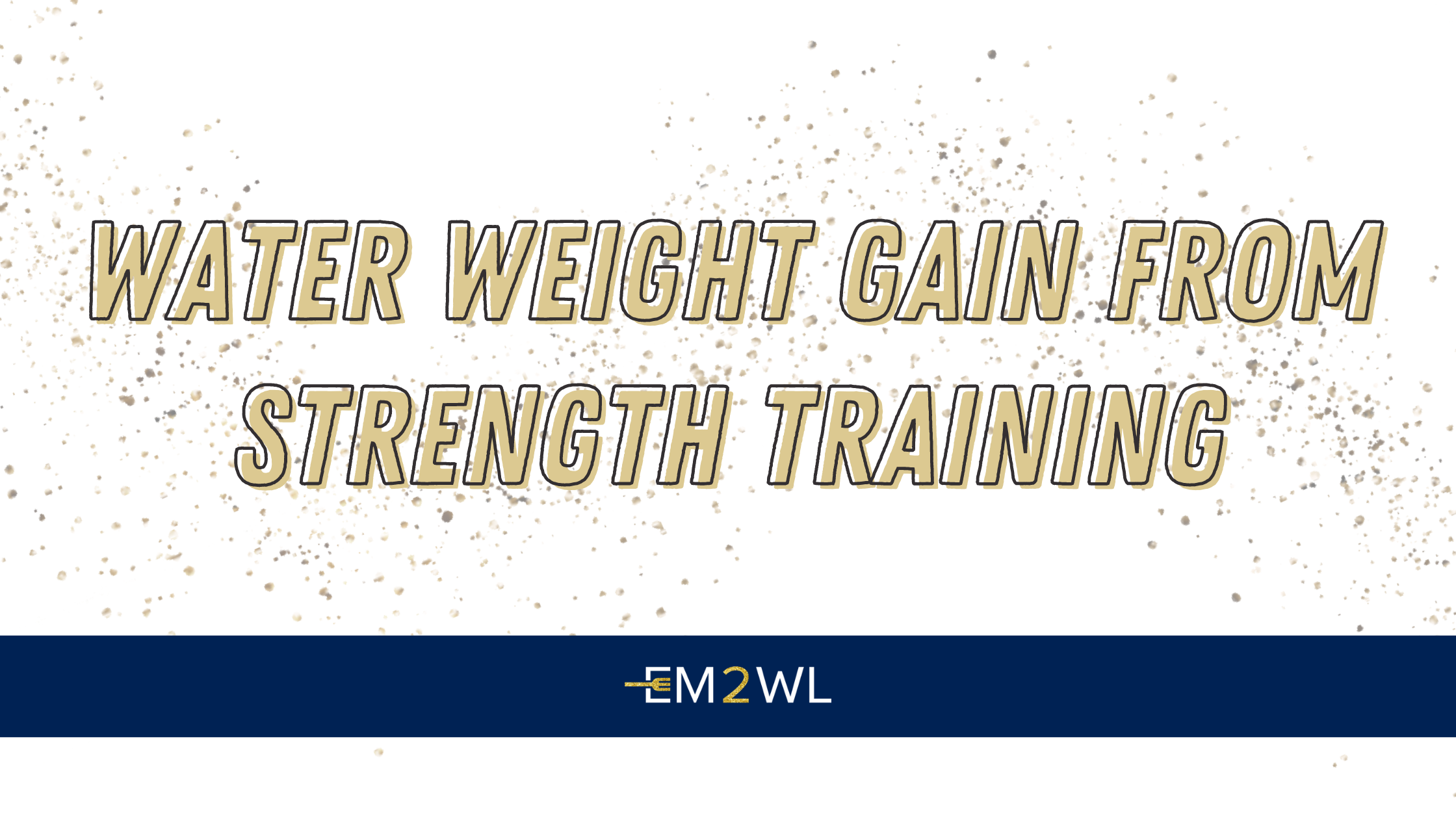Calories vs. Macros vs. Clean Eating: What Really Matters for Fat Loss?
The Great Nutrition Debate
If you’ve ever tried to lose fat, gain muscle, or just “eat healthier,” you’ve probably come across conflicting advice:
- “Just count your calories!”
- “Macros matter more than calories!”
- “Just eat clean and don’t worry about numbers!”
So which one is actually right?
The truth is… they ALL matter. The key is knowing how they work together and where you should put your focus at different stages of your journey.
In today’s post (and video), we’re breaking it all down using a simple money metaphor that makes understanding nutrition effortless.
Watch the full breakdown on YouTube here!
Calories = Your Budget
Think of calories as your bank account.
Just like your finances, how much you “spend” (burn) vs. how much you “earn” (eat) determines whether you:
✔ Lose weight → You’re spending (burning) more calories than you’re taking in
✔ Gain weight → You’re earning (eating) more calories than you’re spending
✔ Maintain weight → Your spending and earning are balanced
But here’s the catch… where you “spend” those calories determines the outcome.
If you spent your entire paycheck on fast food and coffee, how would that work out for you in the long run? Probably not great. The same goes for your caloric intake—it’s not just about the amount; it’s about how you use it.
Macros = What You Spend Your Money On
Now, let’s talk about macros (protein, carbs, fats).
If calories are your budget, macros are what you’re spending that budget on.
Protein = Essential expenses (rent, groceries, bills) → Supports muscle, metabolism, and recovery
Carbs = Lifestyle expenses (shopping, entertainment, fun) → Fuels workouts, energy levels, and brain function
Fats = Investments (retirement, savings) → Supports hormones, brain health, and long-term function
Just like in real life, if you overspend in one area while neglecting others, you’ll run into trouble.
For example:
- Eating in a calorie deficit but not getting enough protein? You’ll lose muscle instead of fat.
- Eating “low-fat” but not enough carbs? You might feel sluggish, cranky, and struggle to recover from workouts.
- Only focusing on hitting your calories without caring about macros? You may lose weight but still feel “skinny fat” with little muscle tone.
This is why macros matter—because they determine whether your weight loss comes from fat or muscle.
Clean Eating = Getting the Most Bang for Your Buck
Finally, where does clean eating fit into all of this?
Think of it like shopping smart.
You can buy cheap, low-quality food (processed, nutrient-poor options), or you can invest in nutrient-dense foods (lean proteins, whole grains, healthy fats).
The cleaner you eat, the more nutrients you get per calorie—which often means you can eat more food while staying within your calorie and macro targets and/or simultaneously tackle “health” concerns while losing weight.
For example:
100 calories of avocado = Healthy fats, fiber, vitamins = Keeps you full and fuels your body
100 calories of donuts = Sugar, little nutrition = Spikes your blood sugar, leaves you hungry an hour later
The choice doesn’t have to be all or nothing—but the more nutrient-dense foods you include, the better your energy, satiety, and body composition will be.
So, What’s the Right Approach?
When it comes to calories vs macros (or “clean eating”), the most successful approach isn’t one or the other—it’s knowing how to use them together:
✅ Start with calories → Make sure you’re eating enough (but not too much) for your goals
✅ Dial in your macros → Ensure you’re prioritizing protein and balancing your intake for optimal fat loss and muscle gain
✅ Focus on food quality → Prioritize whole, nutrient-dense foods for better results, better satiety, and better health
The goal isn’t perfection—it’s awareness and balance.
Discover more from Eat More 2 Weigh Less
Subscribe to get the latest posts sent to your email.





Recent Comments